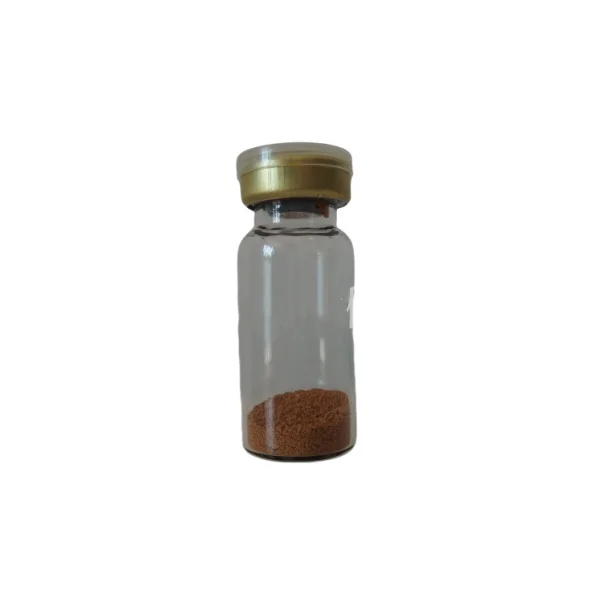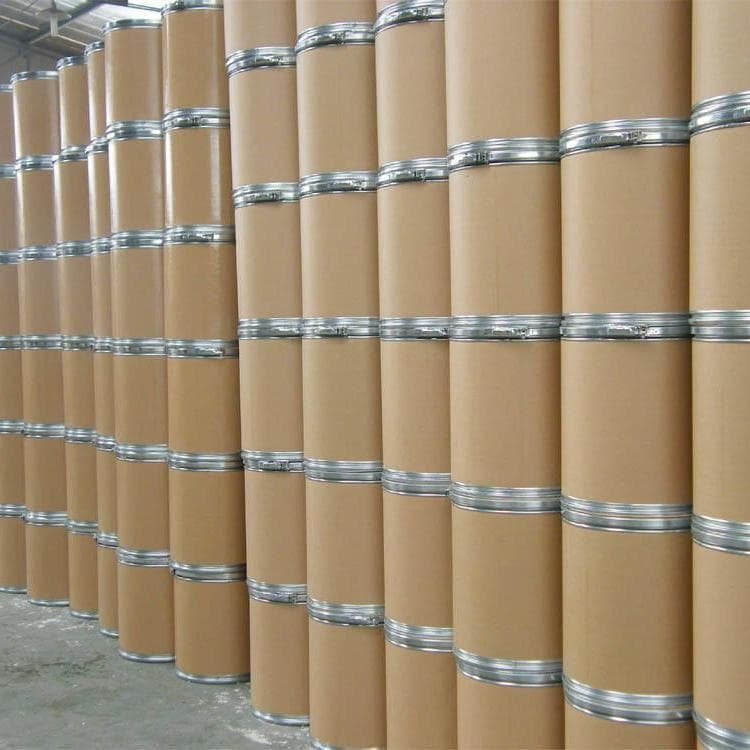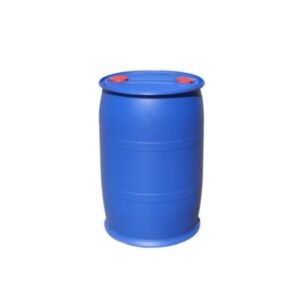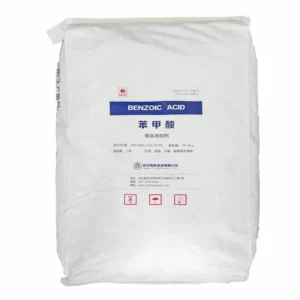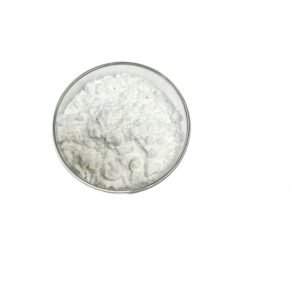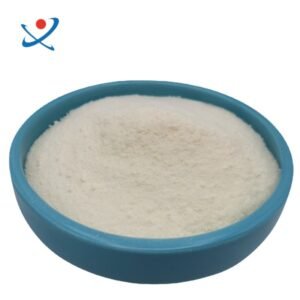Gold(III) oxide, also known as oxo-(oxoauriooxy)gold, is an inorganic compound with the chemical formula Au₂O₃ and the CAS number 1303-58-8. This compound is characterized by its red-brown solid appearance and is notable for its stability among gold oxides.
Key Properties:
Molecular Formula: Au₂O₃
Molecular Weight: 441.931 g/mol
Melting Point: Approximately 150°C
EINECS Number: 215-122-1
Hazard Symbols: Irritant (Xi)
Risk Codes: R36/38 (irritating to eyes and skin)
Gold(III) oxide is used in various applications, including as a catalyst in chemical reactions and in the production of certain types of ceramics and glass. It is also relevant in the field of electronics and materials science due to its conductive properties.
Synonyms include:
Auric oxide
Gold oxide
Digold trioxide
The compound is insoluble in water and can decompose at elevated temperatures, making it important to handle it with care in laboratory and industrial settings.
| Common Name | oxo-(oxoauriooxy)gold | ||
|---|---|---|---|
| CAS Number | 1303-58-8 | Molecular Weight | 441.931 |
| Density | N/A | Boiling Point | N/A |
| Molecular Formula | Au2O3 | Melting Point | 150ºC |
Safety instructions: S26: In case of eye contact, immediately rinse with plenty of water and seek medical attention.
S36: Wear appropriate protective clothing.
Dangerous goods label: XiXi: Irritant substance
Hazard category code: R36/38: Irritating to eyes and skin.
Dangerous goods transportation number: UN3263
The use of gold oxide (1303-58-8):
This product can mainly be used for glazing porcelain, etc.

